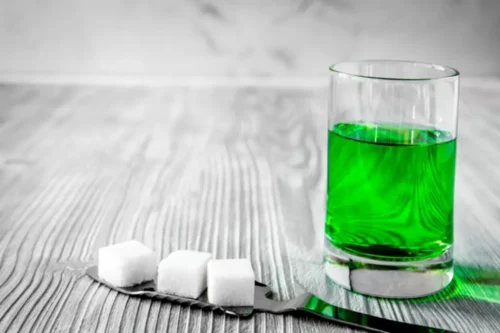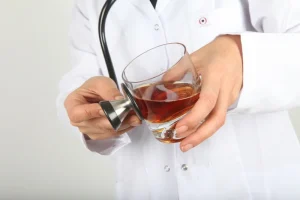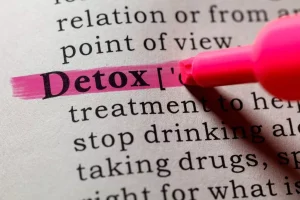Helping Someone with a Drinking Problem

A common initial treatment option for someone with an alcohol addiction is an outpatient or inpatient rehabilitation program. An inpatient program can last anywhere from 30 days to a year. It can help someone handle withdrawal symptoms and emotional challenges. Outpatient treatment provides daily support while allowing the person to live at home. Al-Anon and Nar-Anon are support groups for friends and family members of individuals with an addiction or substance use disorder.
What Increases the Risk for Alcohol Use Disorder?
The process of organizing the intervention and the intervention itself can cause conflict, anger and resentment, even among family and friends who know your loved one needs their help. To learn more about alcohol treatment options and search https://ecosoberhouse.com/ for quality care near you, please visit the NIAAA Alcohol Treatment Navigator. Alcohol recovery is a process—one that often involves setbacks. A drinking relapse doesn’t mean you’re a failure or that you’ll never be able to reach your goal.
- During a biofeedback session, a therapist places multiple electronic sensors on a patient’s body to monitor their vitals, like heart rate, breathing, and possibly even brain activity.
- Sometimes a direct, heart-to-heart conversation can start the road to recovery.
- When addressing drinking problems, it’s important to also seek treatment for any accompanying medical and mental health issues.
- It is intended as a resource to understand what treatment choices are available and what to consider when selecting among them.
- Don’t lie or cover things up to protect someone from the consequences of their drinking.
Biofeedback Therapy

AUD is treatable and generally requires professional help. But what you cando is support your loved one in their recovery. And above all else, take steps to keep you and the rest of your household safe struggling with alcohol addiction and healthy. Treating alcoholism isn’t easy, and it doesn’t always work the first time around. Often a person has been contemplating abstinence for some time, yet couldn’t get sober on their own.
Alcoholics anonymous and other support groups

Through it all, however, be sure to take care of yourself and your mental health. Research the kinds of treatment that are available and discuss these options with your friend or family member. It’s much easier to avoid drinking if you don’t keep temptations around. Alcohol use disorder can include periods of being drunk (alcohol intoxication) and symptoms of withdrawal. Be prepared to discuss any problems that alcohol may be causing. You may want to take a family member or friend along, if possible.
- According to the Foundations Recovery Network, up to two-thirds of cases of alcohol-related violence occur in close interpersonal relationships.
- But as time goes on in sobriety, the chances for relapse drops.
- Write your drinking goal down and keep it where you will frequently see it, such as on your phone or taped to your refrigerator.
- Transforming the understanding and treatment of mental illnesses.
For more information on treatment options, contact a treatment provider today. An intervention occurs between loved ones and a person in denial or not receptive to help for their substance use disorder or addiction. Typically, this process is often supervised by an intervention specialist. The idea behind an intervention is to help loved ones constructively express their feelings and encourage a person battling an addiction to enter a treatment program. Outpatient treatment programs are another form of comprehensive substance use disorder care. These programs offer many of the same effective treatments and therapies as inpatient programs.
Alcohol addiction treatment options

- Also known as “alcohol counseling,” behavioral treatments involve working with a health care provider to identify and help change the behaviors that lead to alcohol problems.
- People in early recovery typically need emotional and material support.
- Combined with treatment led by health care providers, mutual-support groups can offer a valuable added layer of support.
- Through it all, however, be sure to take care of yourself and your mental health.
- That means two out of three people who are recovering from an addiction will likely relapse within their first year of recovery.
- When living with someone who has AUD, it’s important to understand that you didn’t cause the addiction.
- Alcohol-related problems—which result from drinking too much, too fast, or too often—are among the most significant public health issues in the United States.
Medications

Avoiding drinking triggers

